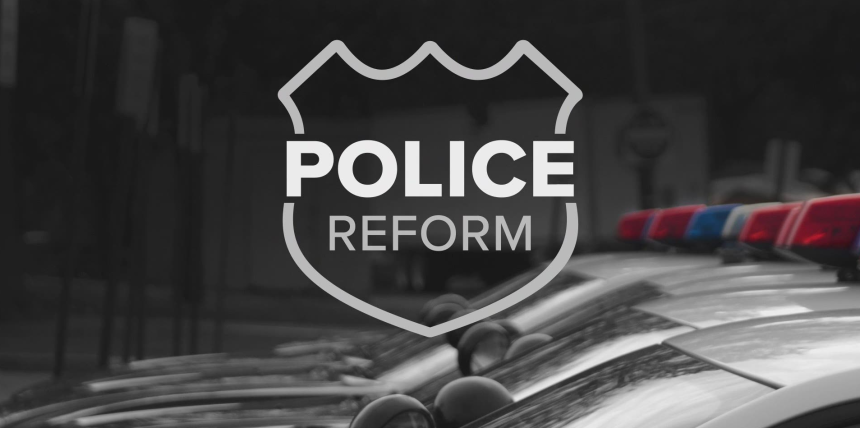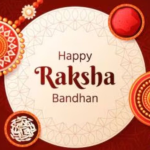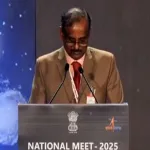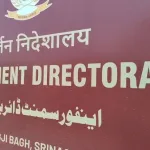The formal policing in India was initiated in1861, with little changes thereafter whereas the society has undergone tremendous changes particularly in the post independence times. It was lord Cornwalls who introduced this service and considered it as the third pillar of British administration. He relieved the Zamindars of their police functions and established a regular police force. In the post independence period the role of police also changed and the public expectations from police have multiplied and newer forms of crime have surfaced.
The aim of police reforms was to transform the values, culture, policies and practices of police organizations besides also looking into the police–public ratio as the police force was overburdened and also to examine the constabulary issues, such as limited promotion opportunities, their harsh working conditions and their welfare measures like housing facilities. The constabulary constitutes about 85% of the state police force.
The aim of police reforms also envisaged police to perform their duties with respect for democratic values and rule of law. Police being a state subject in the 7th schedule to the constitutions of India, it is primarily for state governments to implement the various police reform measures. The centre govt has been making consistent efforts to persuade the states from time to time to bring requisite reforms in police administration to meet the public expectation. Many committees/commissions were constituted who made a number of important recommendations regarding police reforms. Notable amongst these were National police commission 1978-82, Padmanabhaih committee on restructuring of police, Malimath committee on reforms in criminal justice system.
One of the recommendations of review committee was replacement of Police Act 1861.The draft model police Act which was submitted on 30th October 2006, emphasized the need to have a professional police service in a democratic society which is efficient, effective, responsive to the needs of the people and accountable to the rule of law. And committee headed by sh.J.F.Ribero, was constituted on the directions of the Supreme Court to review action taken by the central, state governments and U.T Administrations in this regard and suggest ways and means for implementing the pending recommendations.
The Supreme Court of India has passed a judgement on 22.09.2006, in a writ petition (Civil) No 310 of 1996-Prakash Singh and others on several issues relating to police reforms. The Apex court in the said judgement directed the Union and State Governments to set up a mechanism as directed by December 31, 2006 and file affidavits of compliance by January 3, 2007. Out of the seven directions, the first six were meant for the state and union territories while the seventh directive related to central government.
Among the seven directions, the fifth and sixth directives are explained as under:
- (V): Set up a Police Established Board at the state level for inter alia deciding all transfers, postings, promotions and other service related matters of officers of and below the rank of Dy. Superintendents of police, and
- (Vi): Constitute Police Complaint Authorities at the State and District level for looking into complaints against police officers.
The establishment of peace, maintaining law and order, social coherence etc is the responsibility of police and public. The impartial and fair investigation is the basis of good criminal justice system. The role of police in the changing society, the attitude of the general public towards police and the efforts of the police in changing society to fight crime and to present its community welfare and protector of law and order image in the society are the highlights of the police reforms.
The accountability of police is an important factor to make the force vibrant and answerable to public requirement. The fifth and sixth directives are mostly related to the police and public relations. These two directives of Supreme Court have hardly been implemented by the elected governments during pre 2019 period or by the present administrative set up in the post 2019 time line.
In J&K, in the absence of non elected democratic government, I feel the distance of police public relations have widened to that extent that even the genuine public grievances are not dealt and disposed of in time because, the public is at the receiving end. This is also because, some of the 2nd rung police officers neither exercise a close supervision over their subordinates, nor they have any time to attend and answer the calls or reply the messages endorsed to them by the aggrieved people.
Also some of the senior police officers who are busy in dealing with security measures and taking counter terror measures hardly find anytime to supervise and check the working of their subordinates. GCC a well known group of civil society is still awaiting NOC from C.I.D for the registration of their group for last more than 16 months. This group is a vibrant and an important part of the civil society of J&K. This is a non political group, of retired bureaucrats, academicians, scientists, doctors, engineers and prominent citizens. Among others, the group has two Rtd officers of the rank of chief secretary, three Rtd. V.C’S of various universities, X HOD’s, X chief engineers, Professors, x principal chief conservator of forest, former judges and other prominent citizens as the members of the group.
It is worth appreciating that the recent dismissal of few black sheep’s, constables by the govt who were involved in facilitating the drug abuse in valley and stern action taken by the govt against some police officials who were involved in facilitating land grabbing in Jammu has been welcomed by the general public. For strengthening of accountability and police-public relations, the above referred two directives of Supreme Court need to be implemented.
(The Author is Retired IGP and can be reached at: [email protected])








